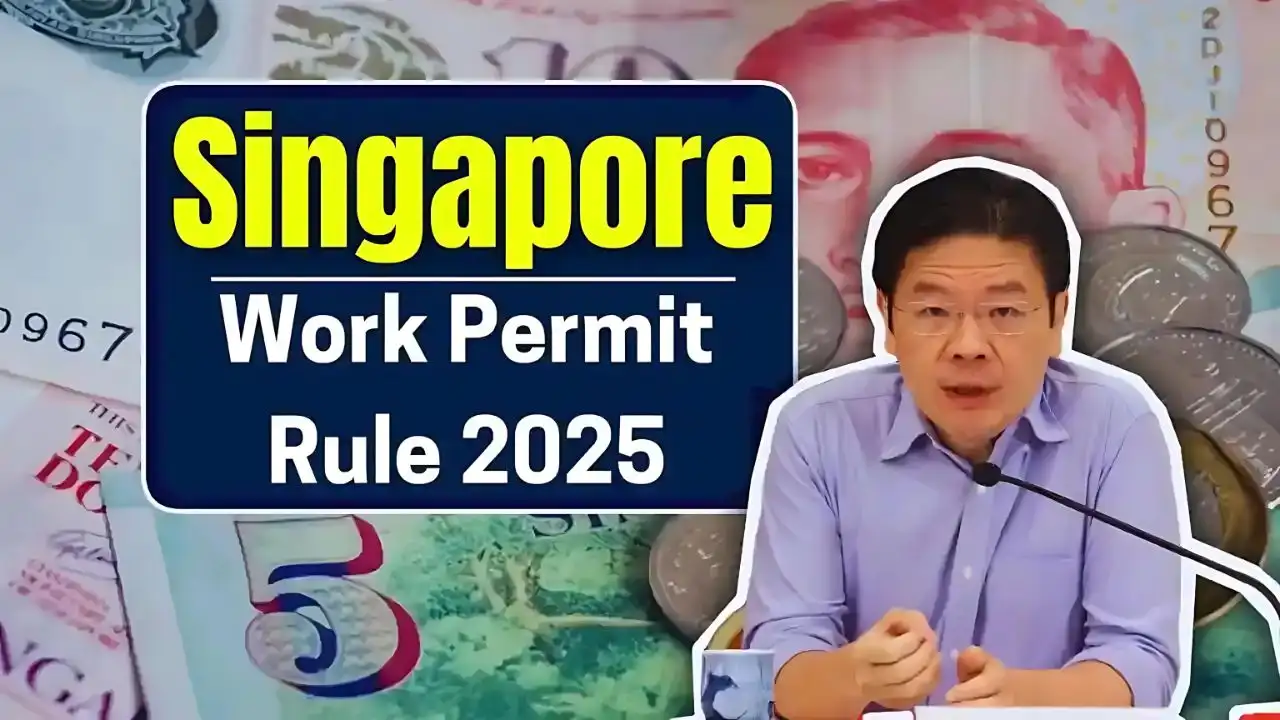Singapore, the place for a truly dynamic economy and a global workforce, announces major updates in its work permit rules starting in 2025. These changes are intended to better serve the Singaporean labor landscape, making it much fairer for foreigners as well as locals.
Knowing the details will be very useful for individuals hoping to work in Singapore or for their employers who are seeking best foreign talent.
Main Changes in the 2025 Work Permit Regulations
Perhaps, the most important change is the stricter eligibility for certain industries. Construction, marine, and manufacturing are a few of the sectors whose foreign employees will have to receive a higher minimum salary threshold. With this change, the government hopes to attract highly-skilled workers into employment and minimize the dependency on cheap labor waters.
Moreover, newly updated educational qualification requirements are placed on certain job categories, ensuring that no one applies for any permit unless his age is less than 50. It is also very relevant in the qualifications of foreign workers on having related skills and experience before applying for permits.
Effects on Employers and Those Seeking Jobs with Foreign Nationals
Changes will also mean a reconfiguration of the hiring practice to one that evidently concentrates towards skills development of the local citizenry workforce. Stronger justification for applying for work permits will also have to be provided to show that efforts are in place to hire Singaporeans before this process is taken for foreign workers.
For foreign workers, it also means more documentation and perhaps a tighter squeeze on application processes. With specialized skills and higher education qualifications, they stand to gain the most under the new system.
Processing and Updates for Application
The application process of the Singapore Ministry of Manpower (MOM) has become simplified for speedy approval. Online applications have been made easier, and users can expect faster feedback because all the required documents are submitted. In situation, an application is incomplete, or there is not any compliance with the new criteria, it may take longer to process or completely reject an application.
Conclusion: Preparing for a New Work Landscape
The changes to Singapore’s work permit rules in 2025 would, in fact, herald a shift towards more skilled, competitive, and balanced workplaces. Employers and job seekers alike should thus not only be aware but also prepare to meet the new requirements. Higher skills, better wages, and stricter eligibility continue making Singapore a prime destination for global talent.
